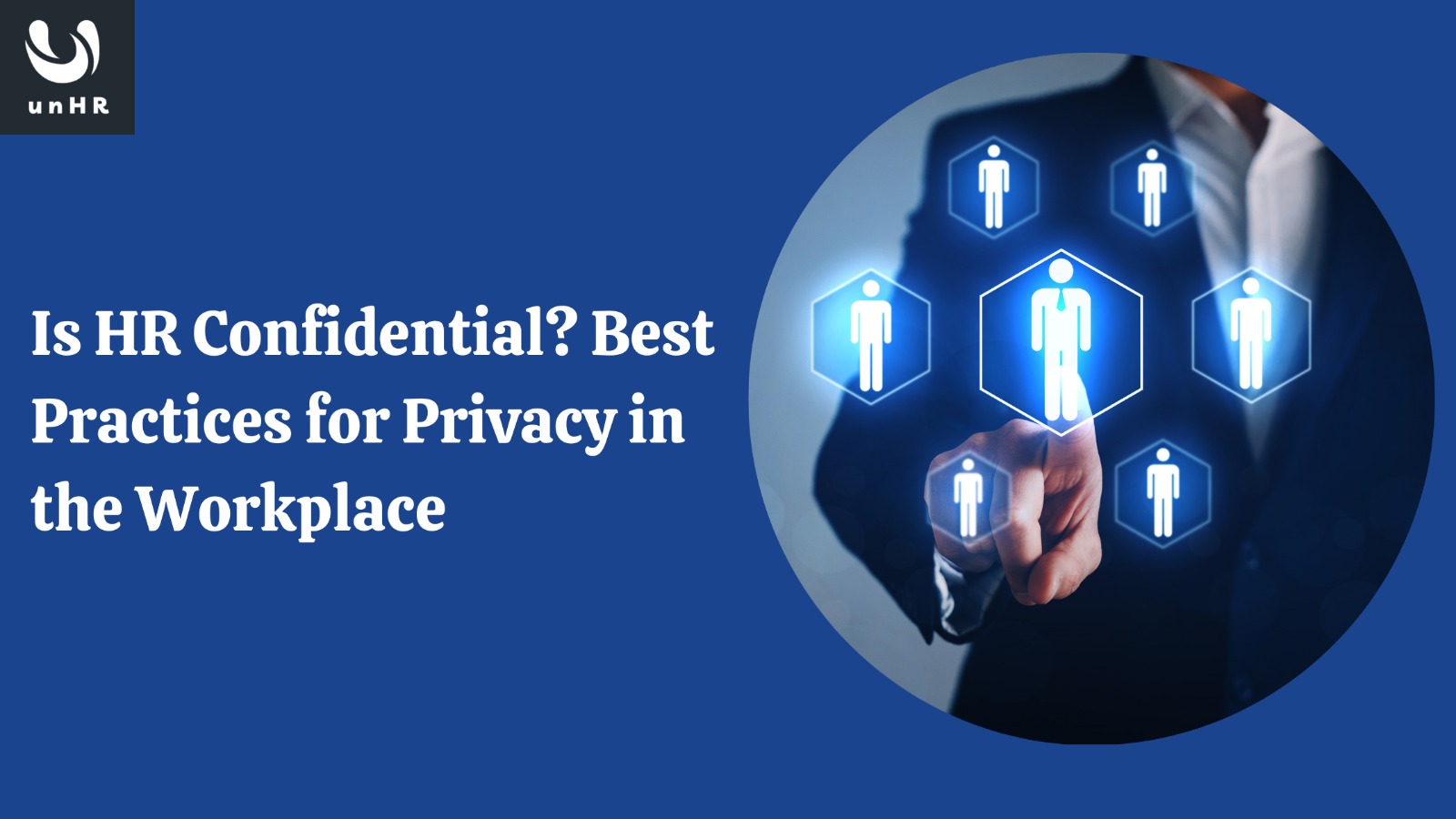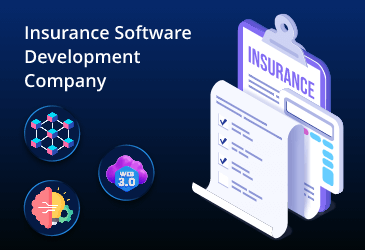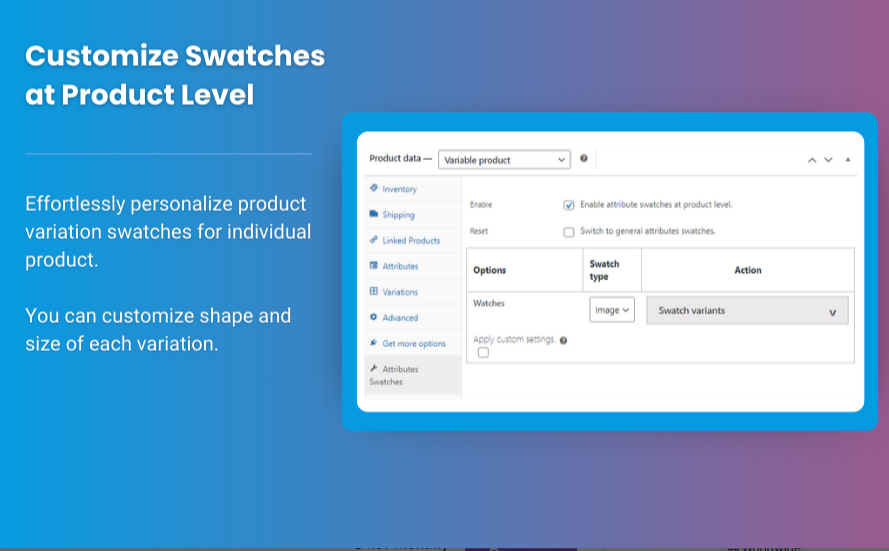In today’s digital era, confidentiality in human resource management is a cornerstone of ethical and effective HR practices, especially for startups and growing organizations. HR management handles susceptible employee information—personal details, salary data, performance evaluations, and sometimes medical records. As organizations digitize and adapt to remote work, safeguarding this information has become increasingly complex. This blog discusses best practices for maintaining confidentiality in HR, delves into relevant data protection laws, and outlines how technology and human resource management tools, like HRMS tech implementation, can ensure a secure workplace environment.
Understanding HR Confidentiality
HR confidentiality refers to the responsible handling of sensitive information within the HR department, ensuring it remains accessible only to authorized personnel. This confidentiality is essential because HR handles records and data that, if mishandled, could harm both employees and the organization.
Confidentiality in HR management benefits employers and employees by fostering a trusting work environment where individuals feel comfortable sharing information. The following are some common types of sensitive data that require confidential handling within HR:
- Personal information: Contact details, identification numbers, and emergency contacts.
- Employment history: Work experience, qualifications, references, and performance reviews.
- Financial data: Salary details, benefits, and tax information.
- Medical records: Sensitive health data for insurance purposes or specific workplace accommodations.
Legal Framework for Privacy in the Workplace
Global data protection laws underscore the importance of confidentiality, imposing strict requirements on how personal information is managed. Ensuring compliance with these regulations is essential to protect sensitive data and prevent expensive penalties.
- The General Data Protection Regulation (GDPR) is a crucial data privacy law that governs how personal data must be handled, especially within the European Union (EU). GDPR mandates that companies handle personal data transparently and implement measures to protect it.
- California Consumer Privacy Act (CCPA): In the U.S., the CCPA grants California residents rights to control their data and requires companies to disclose their data collection practices.
These laws necessitate HRMS tech implementation to ensure secure data handling, especially for startup human resource management. Compliance can be managed with proper systems, employee training, and privacy policies that align with these frameworks.
Types of Confidential Information in HR
HR departments handle diverse types of information, each requiring its unique level of protection to maintain confidentiality in human resource management. The main categories of confidential information include:
- Personal Employee Information: Address, contact number, and ID number must remain secure to prevent misuse.
- Recruitment and Selection Processes: During human resources recruitment and selection, confidential information from candidates, such as resumes and background checks, should be handled securely to protect applicants’ privacy.
- Performance and Disciplinary Records: Employee performance reviews and disciplinary actions contain sensitive information that should only be accessible to necessary HR personnel.
- Salary and Benefits: Wage information and benefits should remain confidential to prevent workplace disputes and protect financial privacy.
- Onboarding: Confidentiality during talent acquisition management is essential for new hires, ensuring sensitive onboarding data is protected.
Challenges to Confidentiality in HR
HR departments face significant challenges in maintaining confidentiality. These challenges are amplified by digital transformation, which, while advantageous, introduces risks that require careful management.
- Access Control: Unauthorized access is one of the most common risks to confidentiality in HR management. Systems must restrict access based on role and necessity, especially as information is digitized.
- Data Breaches: Digital records are vulnerable to cyber-attacks, where hackers target HR systems to access personal data.
- Outsourcing HR Functions: When HR tasks are outsourced, organizations must ensure third parties adhere to the same confidentiality standards.
- Digital Transformation Risks: The shift towards technology and human resource management has added complexity to confidentiality, requiring HR departments to adopt new security practices.
Startups, in particular, may face these challenges due to resource constraints, making it essential for human resource management for startups to prioritize confidentiality from the outset.
Best Practices for Ensuring HR Confidentiality
Companies must implement proactive measures to safeguard the sensitive information handled within their HR departments. Here are essential best practices to ensure confidentiality in HR management:
- Secure Data Storage and Transfer: Store confidential files in secure systems with encryption and use secure channels to transfer data between departments.
- Role-Based Access Control (RBAC): Access should be limited based on job roles. Implementing RBAC within HRMS tech prevents unauthorized access by restricting data visibility to only those who need it.
- Training and Awareness: Regular training sessions for HR staff on data protection policies can reinforce confidentiality practices.
- Audit Trails and Monitoring: Regular audits and real-time monitoring of data access help identify and address unauthorized access attempts.
- Clear Confidentiality Policies: Human resources recruitment and selection policies should specify confidentiality expectations for each role and guide employees on handling sensitive information.
Adopting these best practices enables HR departments to safeguard employee information while promoting a workplace culture grounded in privacy and mutual respect.
Role of Technology in Safeguarding HR Confidentiality
How Technology Transforms Confidentiality Measures in Human Resource Management are increasingly critical, especially as more companies implement HRMS technology to streamline HR functions. Integrating advanced technology is crucial for upholding confidentiality and providing tools that safeguard sensitive information effectively. Systems like HRMS (Human Resource Management Systems) allow for structured and secure data management.
- Data Encryption: Encrypting data ensures that even if files are accessed, they remain unreadable without proper authorization.
- Multi-Factor Authentication (MFA): MFA adds an extra layer of security, requiring users to provide multiple forms of verification to access HR systems.
- Access Logs: Maintaining access logs provides a record of who accessed which data, helping organizations monitor and secure confidential information.
These technological solutions and robust human resource management for startup policies can help organizations build a culture that values privacy while ensuring operational efficiency.
Balancing Transparency with Privacy
Balancing transparency and confidentiality in HR is essential for conflict resolution and employee trust. Transparent practices can help employees understand company processes, but protecting personal information is equally important.
- Handling Conflicts: During conflict resolution, limit information access to only those involved, ensuring privacy is maintained for all parties.
- Sensitive Disclosures: When sensitive information is necessary, such as medical accommodations, provide just enough information to meet the purpose without compromising employee privacy.
By following these HR management best practices, companies can build a culture that respects transparency and confidentiality.
Key Takeaways for Startups
The competitive advantage of building a confidential and trusted environment must be balanced for startups. Here’s how human resource management for startups can prioritize privacy:
- Establish Clear Privacy Policies: From day one, startups should define confidentiality standards and communicate them to employees.
- Leverage Technology: Use HRMS tech and digital tools to organize data and implement security measures from the outset.
- Invest in Training: Regularly update HR teams on privacy laws and technological tools to ensure that everyone understands the importance of confidentiality.
- Create a Privacy-Respecting Culture: Emphasize that protecting employee data is a shared responsibility and highlight the advantages of maintaining a secure work environment.
Conclusion
In conclusion, confidentiality in HR management is essential for building a trusted workplace culture. As HR departments handle sensitive data daily, maintaining privacy requires robust policies and modern technological solutions. For startups, prioritizing confidentiality can build a positive reputation, giving them a competitive edge. As businesses evolve and the digital landscape shifts, technology, and human resource management practices will remain pivotal to preserving confidentiality, fostering employee trust, and sustaining ethical workplaces.
FAQs
Q. What type of information is considered confidential in HR?
A. HR confidential information includes personal employee data, salary details, performance reviews, medical records, and disciplinary actions.
Q. Why is confidentiality important in human resource management?
A. Confidentiality protects employee privacy, builds trust, and ensures compliance with privacy laws, which are vital for a positive workplace culture.
Q. How can technology help improve HR confidentiality?
A. Implementing HRMS technology, encryption, and access controls can help HR departments better safeguard sensitive information and streamline privacy practices.
Q. What are the common confidentiality risks in HR?
A. Risks include unauthorized access, data breaches, lack of secure storage, and mishandling of personal information.
Q. How does HRMS tech implementation impact confidentiality?
A. HRMS tech implementation helps by centralizing data, securing access, and providing digital tracking to monitor who accesses information.
Q. What are the best practices for human resource management regarding confidentiality?
A. Best practices for managing HR information include limiting access, conducting regular audits, training employees, and using secure digital tools.
Q. How can startups ensure privacy in their HR practices?
A. Startups can adopt robust HR policies, invest in secure HRMS tech, and train staff on the importance of privacy in human resource management for startups.
Q. How does talent acquisition management involve confidentiality?
A. Confidentiality in talent acquisition management ensures that candidate information, interview feedback, and background checks remain secure.
Q. How can companies balance transparency and privacy in HR?
A. Companies should clearly define what information is accessible to employees, ensuring privacy standards are not compromised for openness.
Q. What role does technology play in human resources recruitment and selection confidentiality?
A. Technology enables secure handling of recruitment data, allowing HR teams to protect candidate information and maintain privacy in selection processes.



